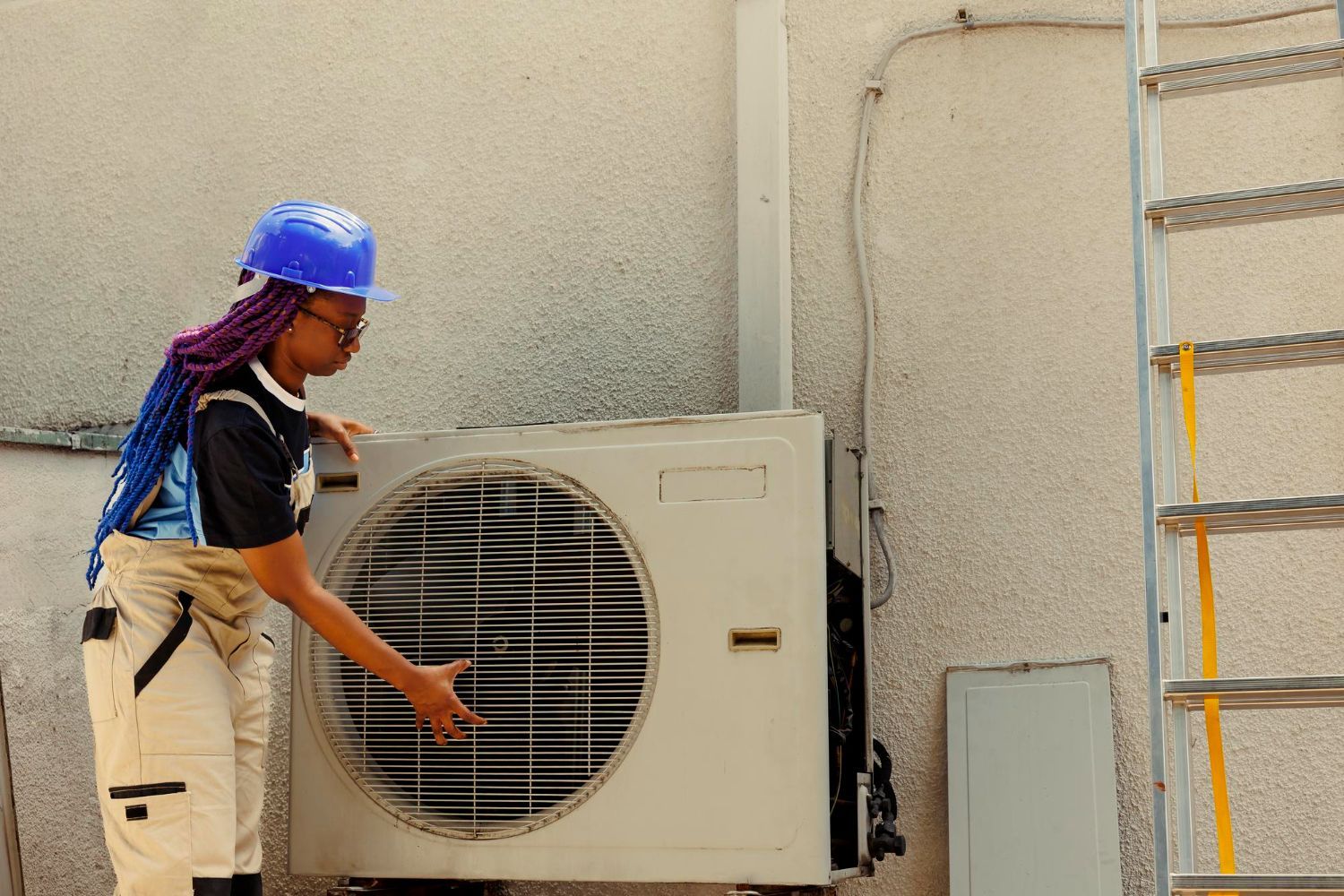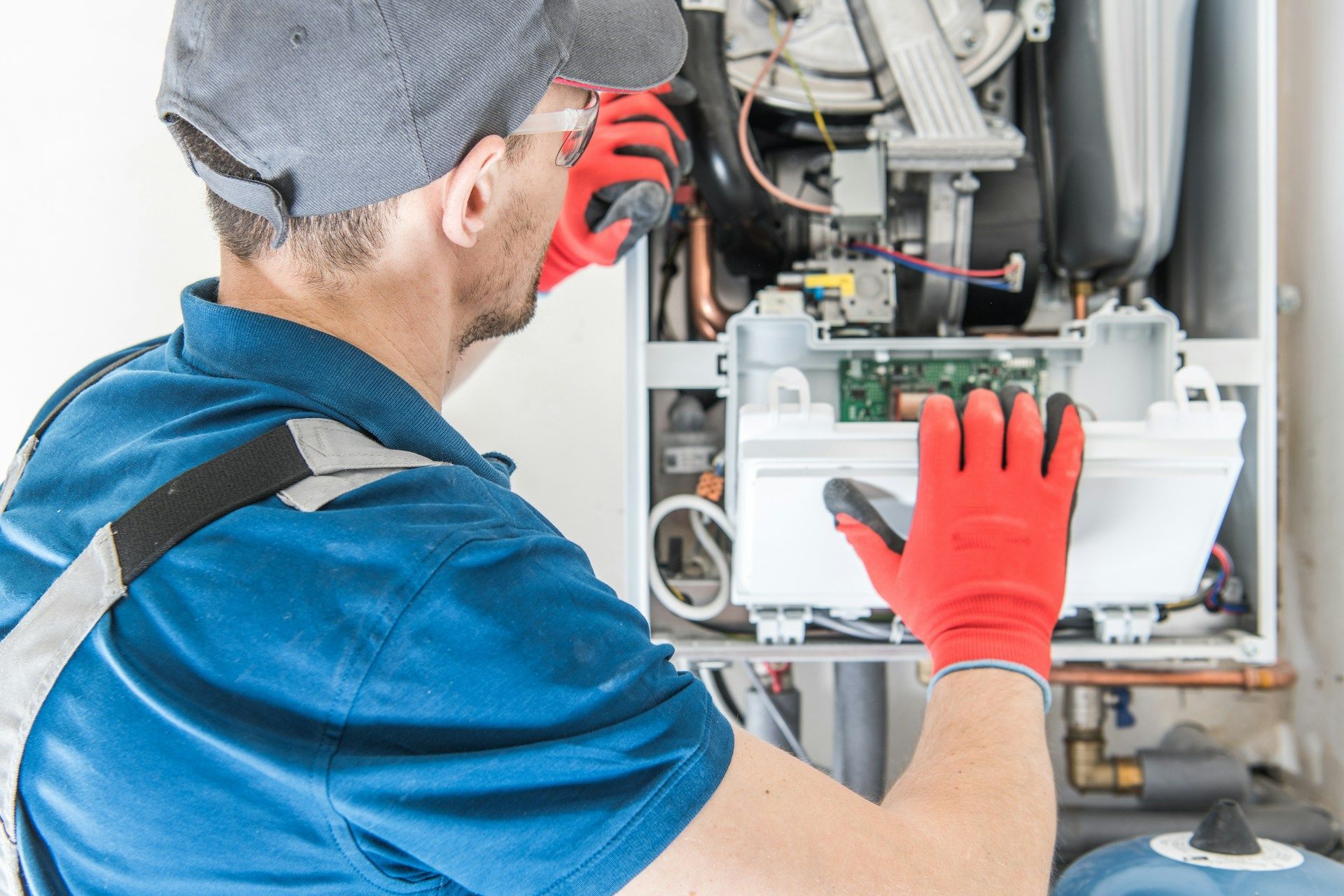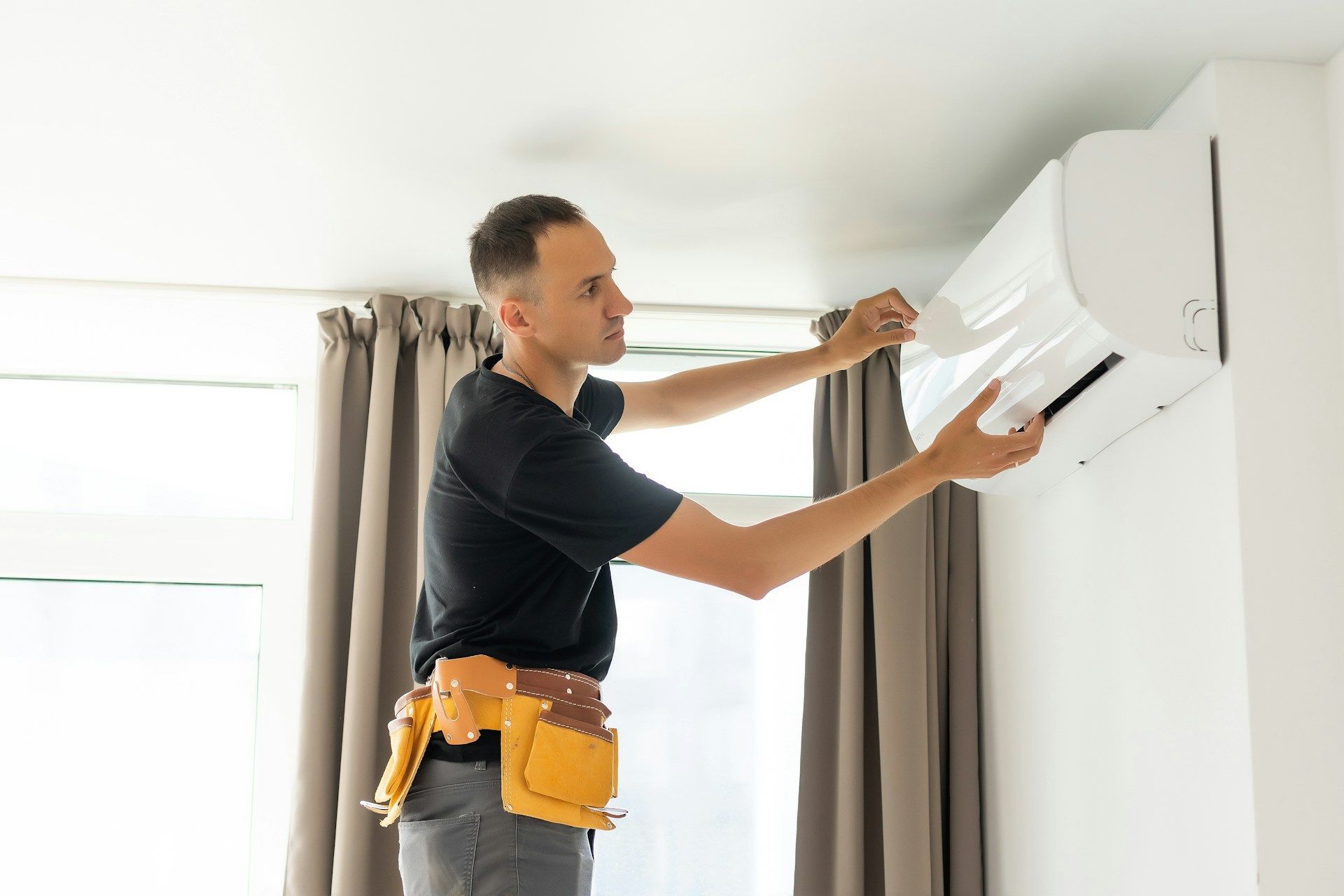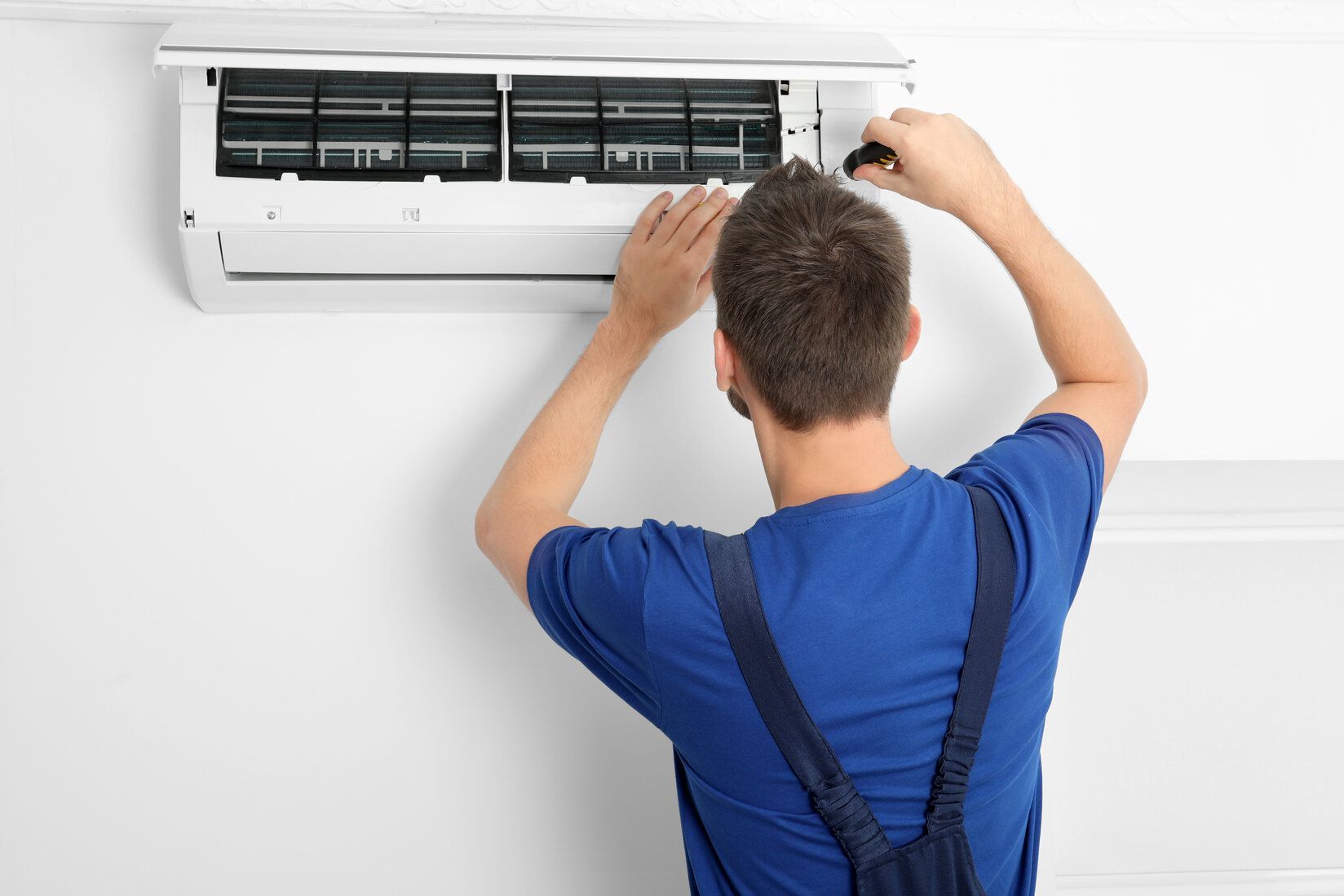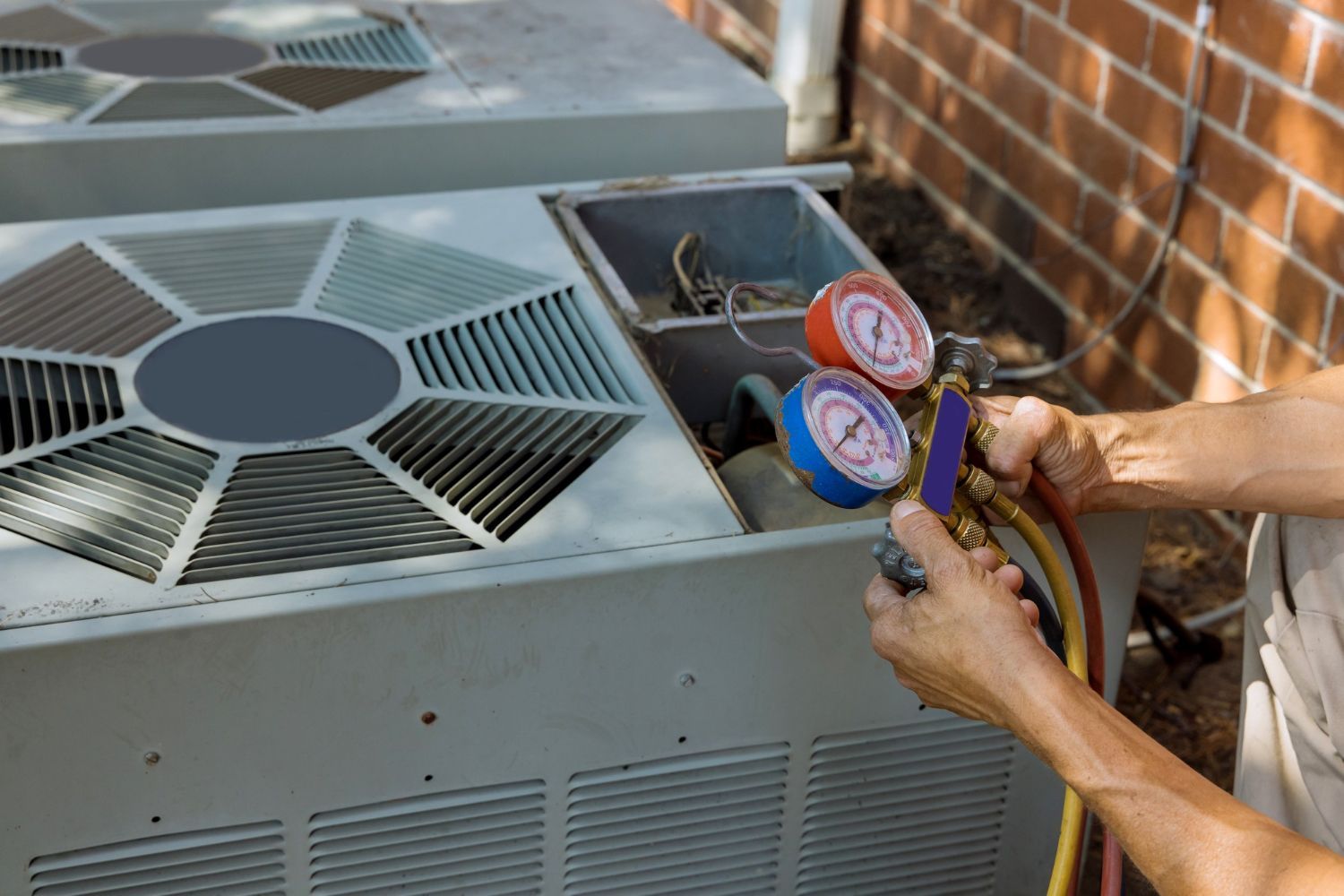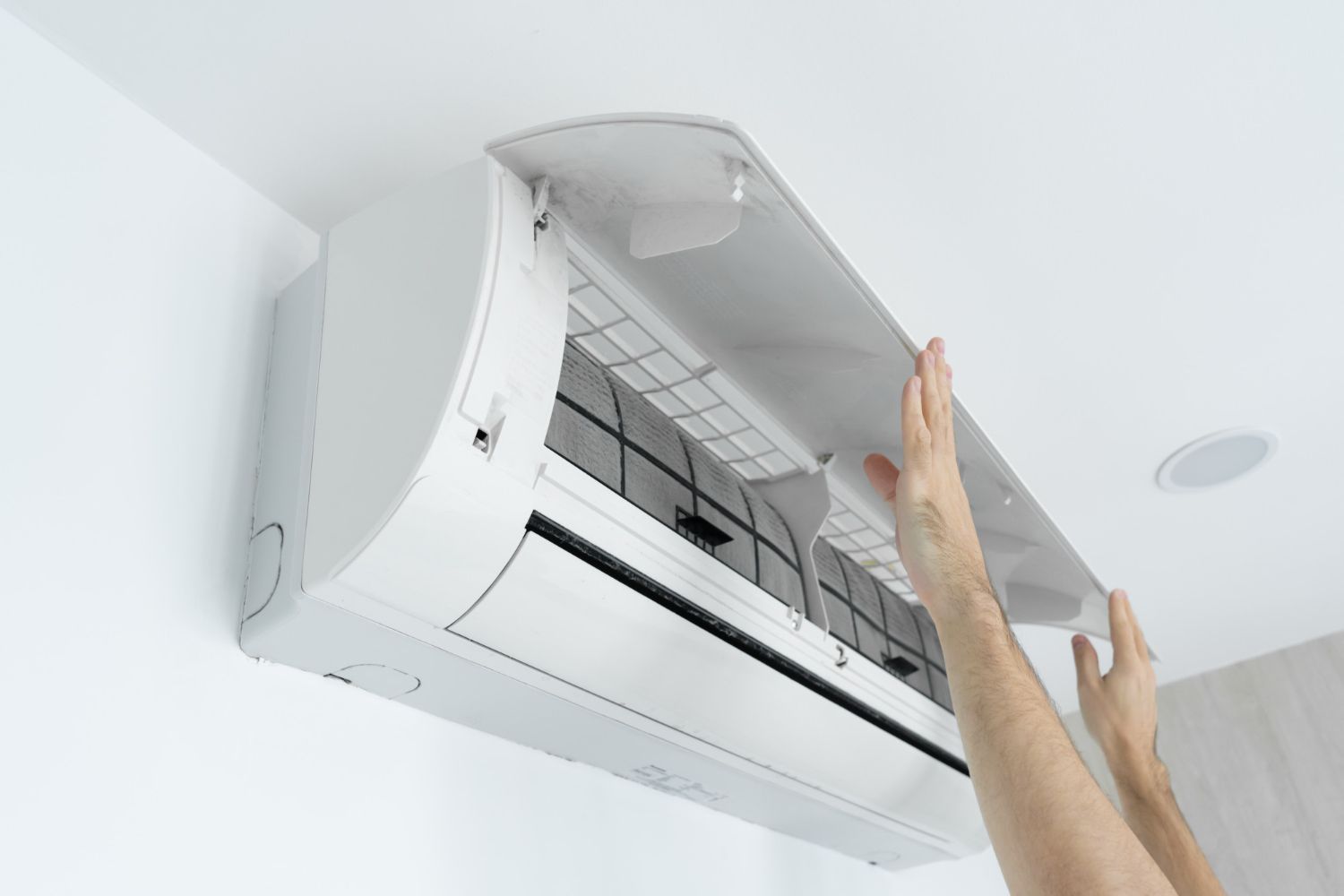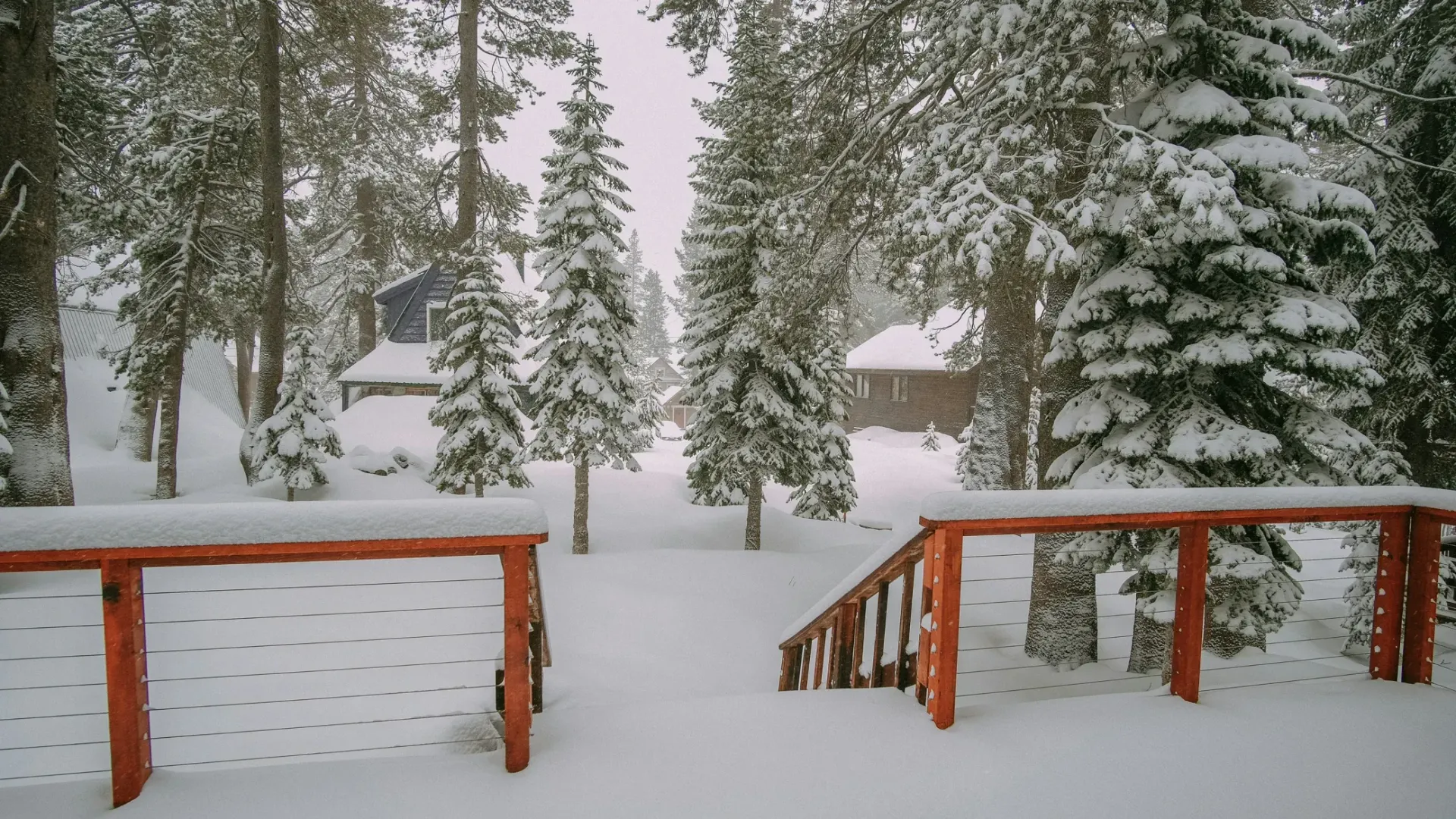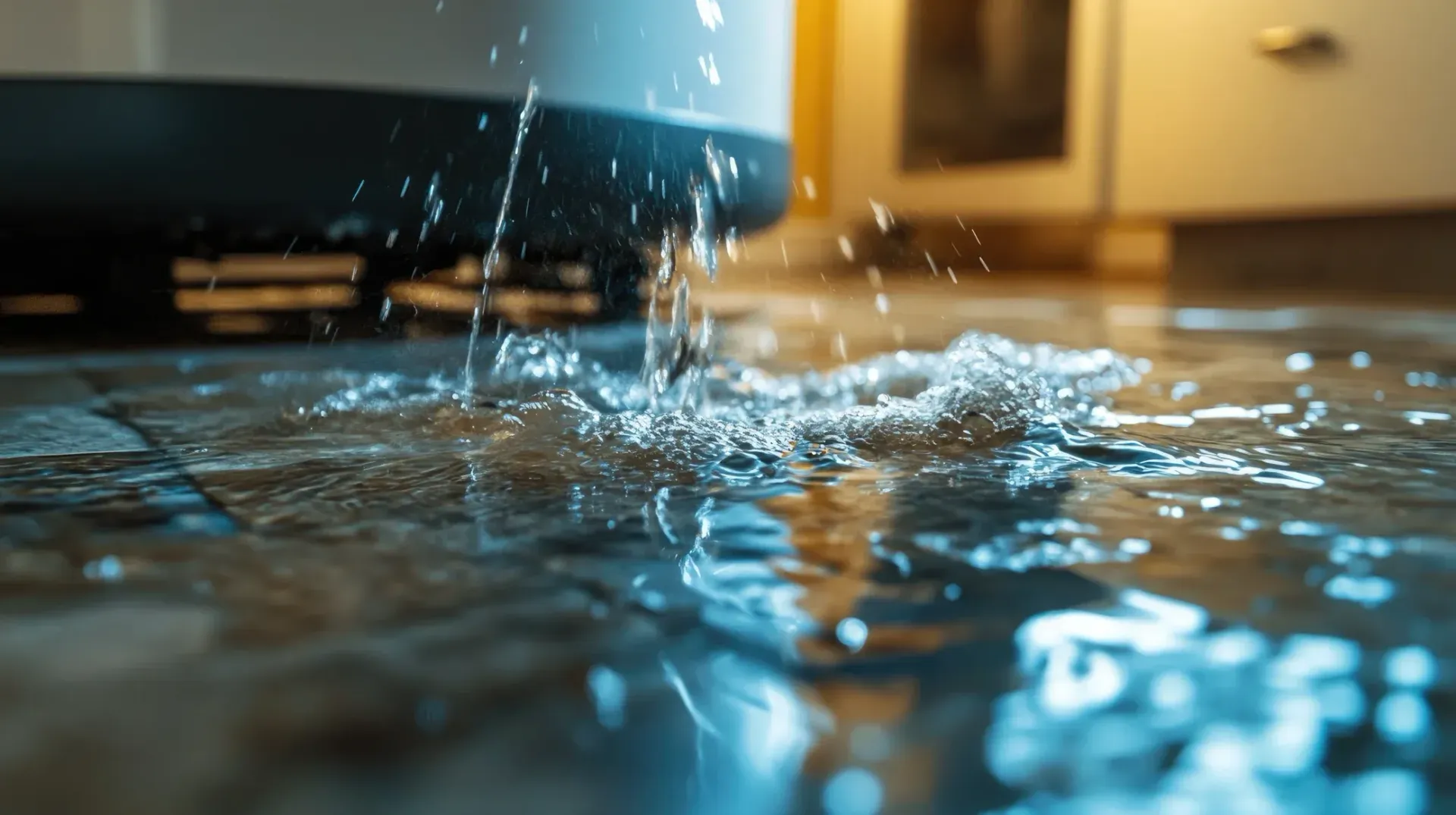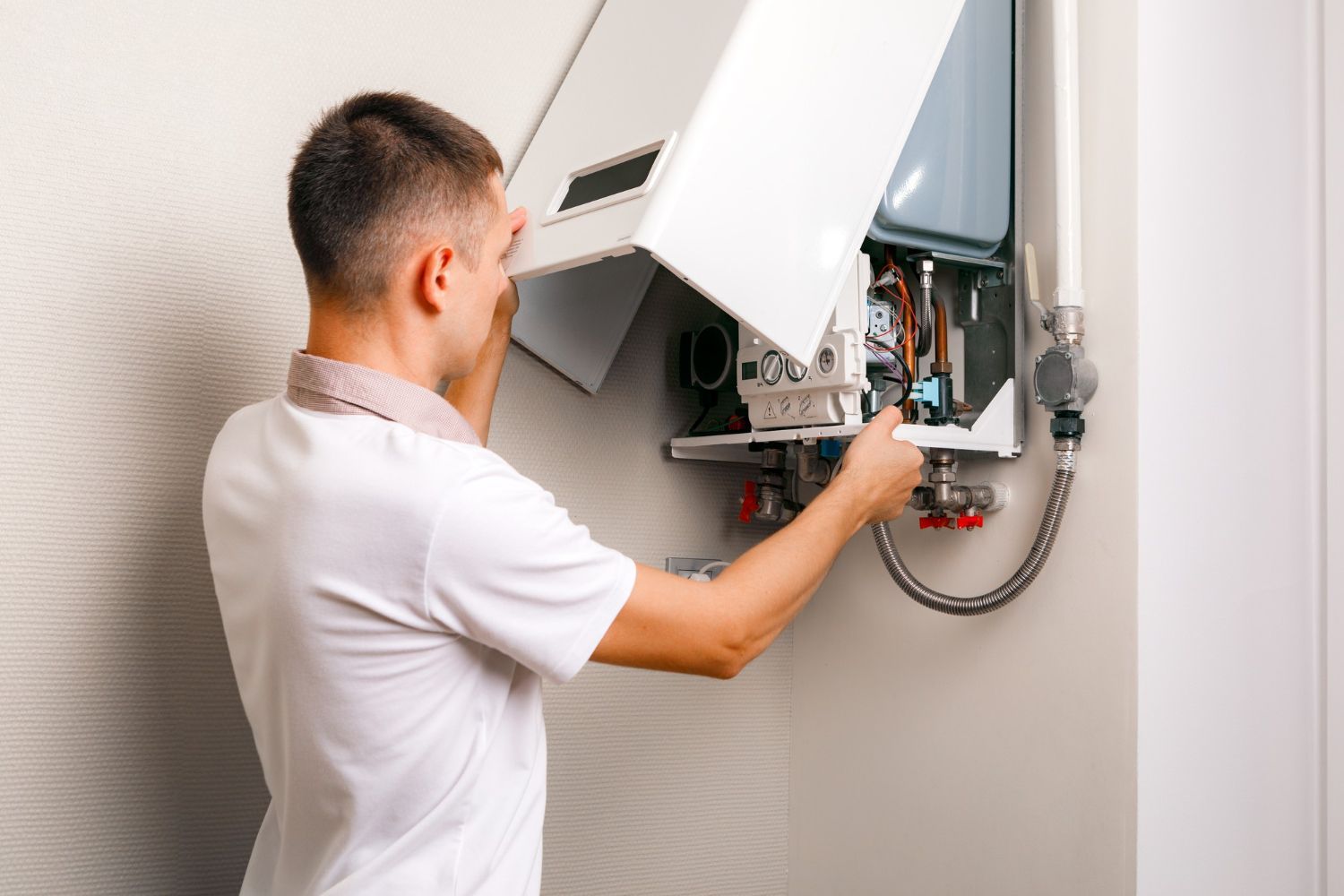Why are my heating bills so high during winter?
Have you ever noticed that you get high heating bills during the winter months? Many people must have brushed off this, thinking, We are using heat more than usual, so high bills are nothing to worry about. What if we tell you that there are several factors that contribute to this common issue, ranging from the extreme cold to issues with your heating system and insulation.
As numerous residents in Bozeman noticed that they are getting high bills even though their system is energy-efficient. What can you do then? Let's discuss all the factors that cause your heating bill to rise without any apparent reason and curate some tips to reduce them.
Reasons for High Heating Bills In Montana’s Winters
When the temperature starts to drop, power bills begin to rise. It happens every year like clockwork, but it can still be a bit of a shock when the winter power bills roll in.
But what exactly is responsible for the seasonal spike in heating bills? To answer this question, we’ve gathered up the top-most common reasons why your power bill might be higher this winter.
The Impact of Bozeman's Extreme Cold
Bozeman’s winters are known for being especially cold, which can lead to higher heating costs. The extreme cold temperatures require your heating system to run more frequently and for longer periods to maintain a comfortable indoor environment. Even the most
energy-efficient furnace will have to work overtime to keep up with the subzero temperatures outside.
While it’s essential to stay warm during the winter, this increased demand for heat means your heating system will consume more energy. The longer the system runs, the higher your energy bills will climb. According to residents of Bozeman, it's not uncommon to see heating costs spike during the winter months due to these extreme temperature fluctuations.
Read More:
What are the most common heating system problems?
Poor Insulation
One of the main reasons for high heating bills in Bozeman is poor insulation. Many homes in the area suffer from gaps or insufficient insulation in walls, attics, windows, and doors. When your home is not well-insulated, cold air enters, and warm air escapes. This forces your heating system to work harder and longer to compensate for the heat loss.
In a well-insulated home, heat stays inside longer, reducing the need for your heating system to run constantly. However, without proper insulation, your furnace has to work overtime, driving up your heating bills. Homeowners who invest in improving insulation and sealing air leaks typically see significant savings on their energy bills.
Inefficient Heating Systems
An old or inefficient heating system is another significant factor that could be driving up your energy costs. Over time, furnaces and heating systems lose their efficiency, meaning they require more energy to heat your home effectively. An outdated furnace that hasn’t been maintained can use up to 30% more energy than a modern, energy-efficient model.
If you’ve had the same heating system for many years, it might be time to consider upgrading to a more efficient furnace. Modern heating systems are designed to use less energy while still providing consistent and comfortable heating. Regular maintenance is also crucial to ensure your furnace is operating at peak efficiency. Many
heating services in Bozeman, MT, recommend annual inspections to catch issues before they become costly problems.
Air Leaks and Drafts
Air leaks in your home, around windows, doors, and even the attic, can cause significant heat loss. These drafts let in cold air and allow your precious warm air to escape, forcing your furnace to work harder. Sealing these leaks can make a noticeable difference in your heating bills.
Even small cracks or gaps around window frames or door seals can add up to big energy losses over time. You may not feel the cold air directly, but it’s making your heating system work harder to maintain the temperature you set. By addressing these leaks, you can prevent unnecessary heat loss and lower your energy consumption.
Environmental Factors
Bozeman’s winter days are shorter, meaning more hours of darkness. With less natural sunlight, you may find yourself relying more on artificial lighting and your heating system to keep your home warm. The longer your furnace runs and the more lights you use, the higher your overall energy consumption will be.
Additionally, with fewer daylight hours, you might use more hot water for showers, washing dishes, and other daily activities. This increased energy consumption, when combined with the cold outdoor temperatures, can lead to significantly higher heating costs during the winter months.
Increased Energy Costs
The price of energy is another factor driving up heating bills. While many homeowners assume their heating consumption is the main culprit, general economic factors, such as inflation, supply chain issues, and higher energy prices, can cause a sharp increase in utility costs.
Even if your energy usage hasn’t increased drastically, you might still see your heating bills rise due to increased energy rates. In some cases, these factors could contribute to a 10-20% increase in overall utility costs during the winter.
Heating Bill Reduction Tips for Homeowners
So, what can you do to keep your heating costs down during Bozeman's cold winters? Here are some effective heating cost reduction tips to help you reduce your heating bills:
- Improve Insulation: Adding or upgrading insulation in your attic, walls, and floors can help keep warm air inside and prevent cold drafts from entering. You may also want to consider installing weatherstripping around doors and windows to seal off any air leaks. Proper
home insulation is one of the most effective ways to reduce your heating costs.
- Schedule Annual Heating Maintenance: Ensure your heating system is running efficiently by scheduling regular maintenance. This includes changing air filters, checking for any issues with the furnace, and cleaning ducts. An advanced furnace that is well-maintained will use less energy and keep your heating costs down.
- Upgrade to an Energy-Efficient Unit: If your furnace is more than 15 years old, it may be time to replace it with a more energy-efficient model. Modern furnaces use less fuel to generate the same amount of heat, saving you money in the long run. Many modern furnaces are designed to provide consistent warmth while reducing energy consumption.
- Seal Air Leaks: Don’t overlook small drafts around windows, doors, and vents. Sealing these leaks can significantly reduce the amount of heat lost from your home, helping your furnace work more efficiently.
- Adjust Your Thermostat: Set your thermostat to a lower temperature when you’re away or sleeping. Even a 1-2 degree drop in temperature can make a difference in your heating bill. Consider investing in a programmable thermostat that automatically adjusts the temperature based on your schedule.
The Bottom Line
Winters are the biggest reason for high heating bills in Bozeman. However, this is not the only culprit. Numerous other factors, like high energy cost, poor insulation, and a faulty thermostat, can cause your energy bills to rise massively. But there is no need to worry! A trusted HVAC team can help you improve your heating and cooling system or replace it with an energy-efficient one so you can spend your winters comfortably without worrying about overcharging.
Tired of skyrocketing heating bills this winter? Premier Systems in Bozeman is here to help! With over 600 5-star reviews, our expert HVAC service company provides energy-efficient solutions that keep your home comfortable without breaking the bank. From furnace repairs to insulation upgrades, we make it easy to reduce your heating costs.
Contact us at 406-413-9325 or book online now!
FAQs
1: How can I reduce my heating bills in Bozeman?
You can reduce your heating bills by improving home insulation, sealing air leaks, and scheduling regular furnace maintenance. Additionally, upgrading to an energy-efficient furnace will help reduce energy consumption and lower heating costs.
2: What’s the best temperature to set my thermostat to in winter?
For energy efficiency, set your thermostat to 68°F while you're awake and lower it by 10-15°F while you sleep or when you're away. This simple change can help save money on your heating bills.
3: How often should I get my furnace serviced?
It’s best to service your furnace at least once a year, ideally before the winter season. Regular maintenance ensures your system runs efficiently, preventing costly breakdowns and improving heating performance.
4: Why does my heating system make noise in the winter?
Noises like rattling or squealing can indicate issues with your furnace, such as loose parts, a dirty filter, or airflow restrictions. It’s a good idea to call a professional to inspect and fix the problem before it worsens.
5: Can a smart thermostat help reduce my heating costs?
Yes! A smart thermostat allows you to control your heating system remotely and set schedules that optimize energy use. By automatically adjusting the temperature when you're not home, it can help lower heating costs.

